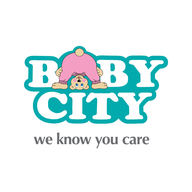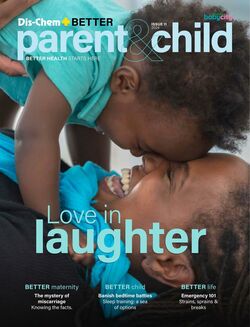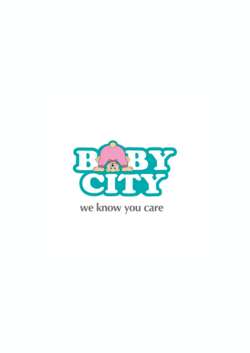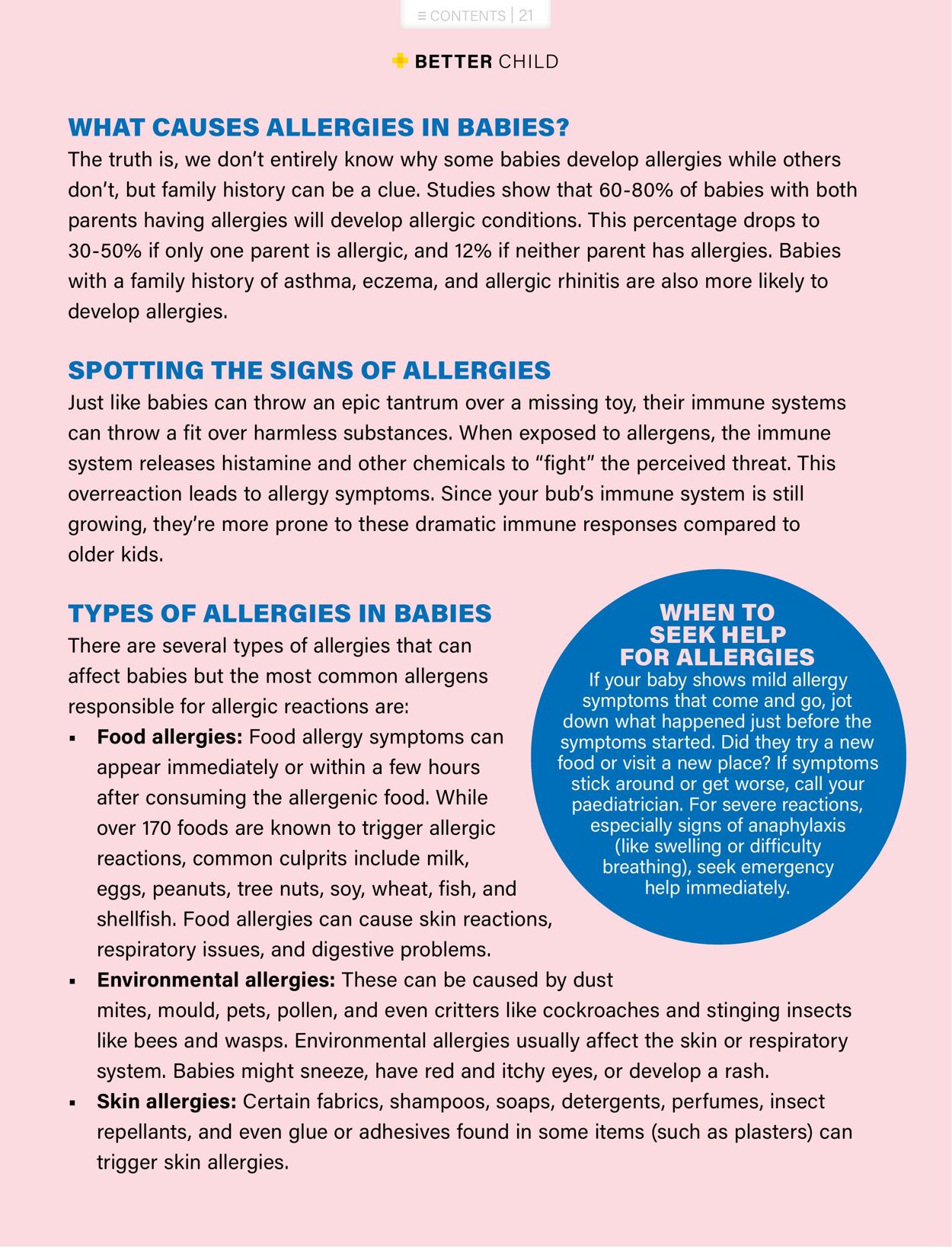















Products in this catalogue
~~ BETTER CHILD WHAT CAUSES ALLERGIES IN BABIES? The truth is, we don't entirely know why some babies develop allergies while others don't, but family history can be a clue. Studies show that 60-80% of babies with both parents having allergies will develop allergic conditions. This percentage drops to 30-50% if only one parent is allergic, and 12% if neither parent has allergies. Babies with a family history of asthma, eczema, and allergic rhinitis are also more likely to develop allergies. SPOTTING THE SIGNS OF ALLERGIES Just like babies can throw an epic tantrum over a missing toy, their immune systems can throw a fit over harmless substances. When exposed to allergens, the immune system releases histamine and other chemicals to “fight” the perceived threat. This overreaction leads to allergy symptoms. Since your bub’s immune system is still growing, they’re more prone to these dramatic immune responses compared to older kids. TYPES OF ALLERGIES IN BABIES There are several types of allergies that can affect babies but the most common allergens responsible for allergic reactions are: » Food allergies: Food allergy symptoms can appear immediately or within a few hours after consuming the allergenic food. While over 170 foods are known to trigger allergic reactions, common culprits include milk, eggs, peanuts, tree nuts, soy, wheat, fish, and shellfish. Food allergies can cause skin reactions, respiratory issues, and digestive problems. « Environmental allergies: These can be caused by dust mites, mould, pets, pollen, and even critters like cockroaches and stinging insects like bees and wasps. Environmental allergies usually affect the skin or respiratory system. Babies might sneeze, have red and itchy eyes, or develop a rash. « Skin allergies: Certain fabrics, shampoos, soaps, detergents, perfumes, insect repellants, and even glue or adhesives found in some items (such as plasters) can trigger skin allergies. WHEN TO 45. @ Sa FOR ALLERGIES If your baby shows mild allergy symptoms that come and go, jot down what happened just before the symptoms started. Did they try a new food or visit a new place? If symptoms stick around or get worse, call your paediatrician. For severe reactions, especially signs of anaphylaxis (like swelling or difficulty breathing), seek emergency help immediately.
| Name | Details |
|---|